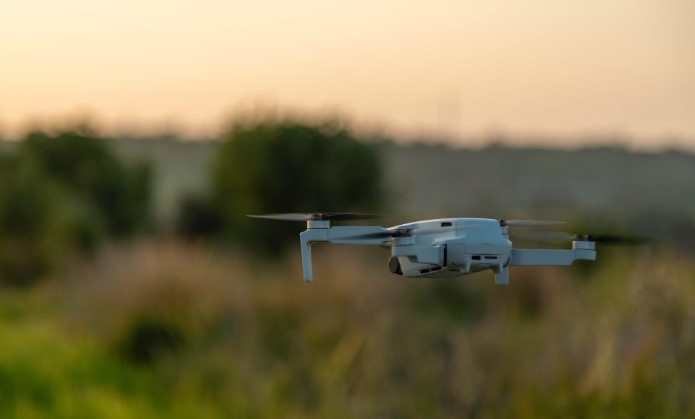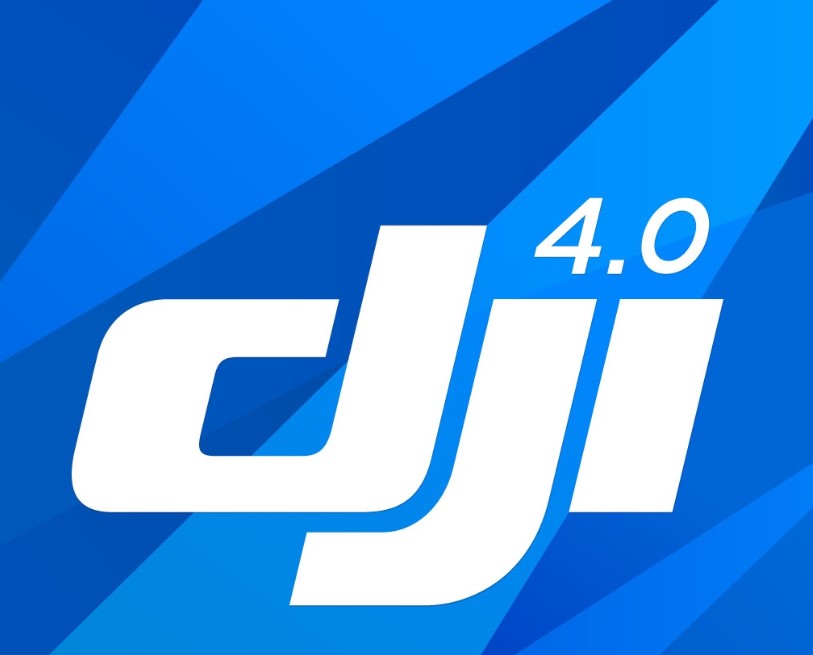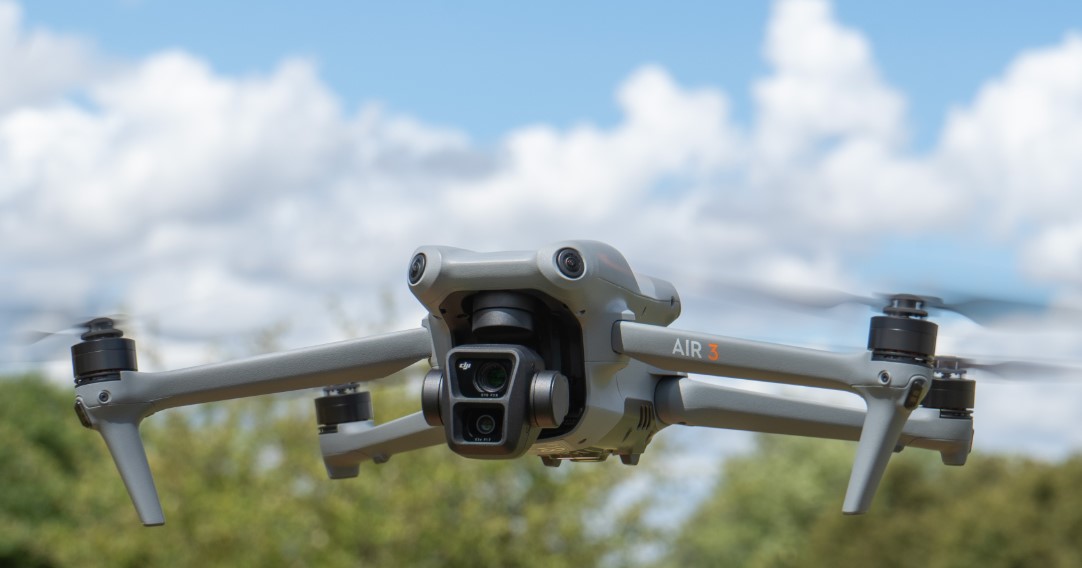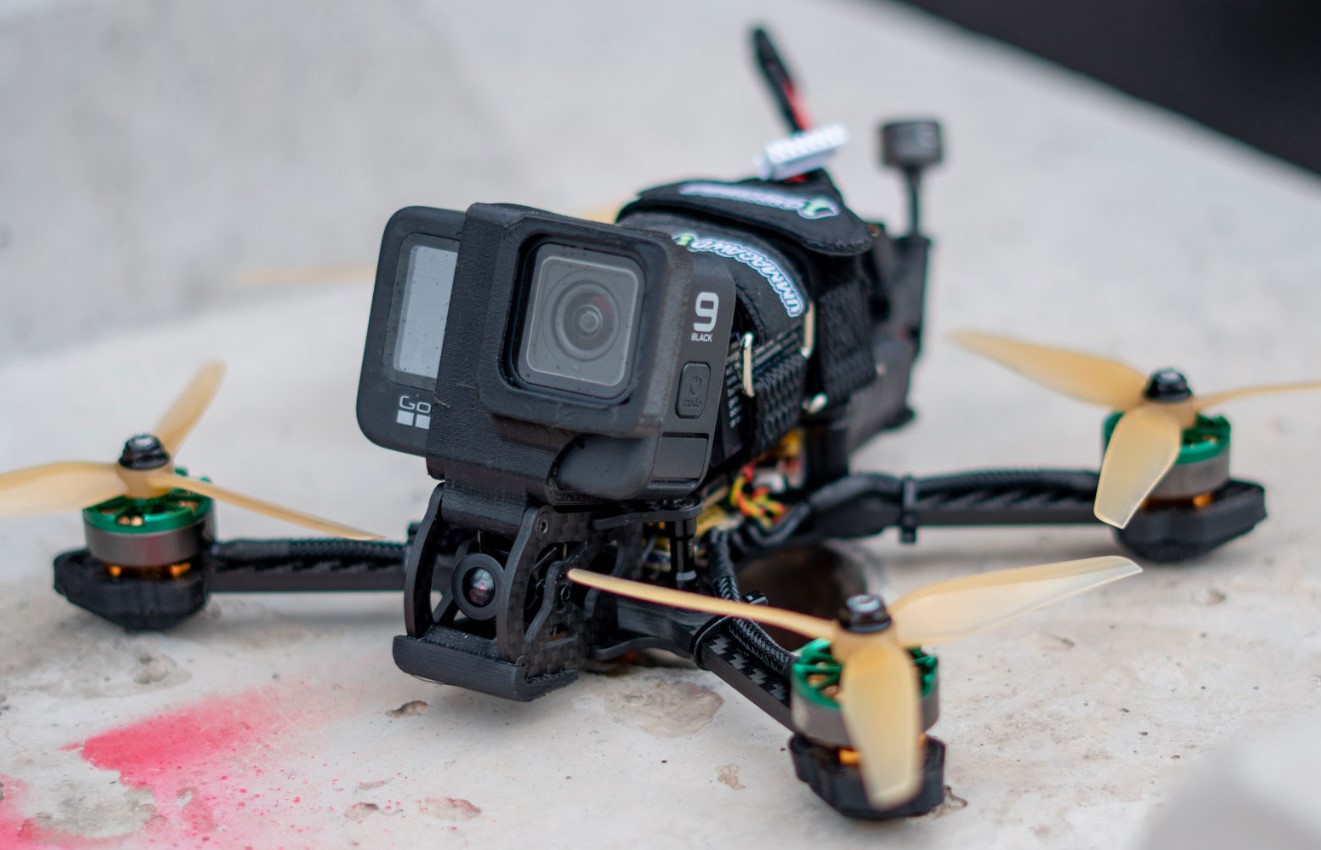Is Drone Deer Recovery Legal in PA? In this essay, we will explore the legal status of drone deer recovery in PA, examine the ethical considerations, and provide insight into the broader implications of this technology. Follow Dronevoz.com !!!
Understanding Drone Deer Recovery
Drone deer recovery refers to the use of unmanned aerial vehicles (UAVs) to locate and recover deer, particularly those that have been injured or hunted. Equipped with high-resolution cameras, thermal imaging sensors, and GPS, drones can swiftly cover large areas of land to identify the location of a downed or injured deer. This method significantly reduces the time and effort required for recovery compared to traditional methods such as tracking by foot or using dogs.
Hunters often find drone assistance beneficial after a deer is shot but not immediately located, while wildlife enthusiasts and conservationists see potential for using drones to monitor deer populations and migration patterns. Despite these advantages, legal restrictions and ethical debates complicate the adoption of this technology.
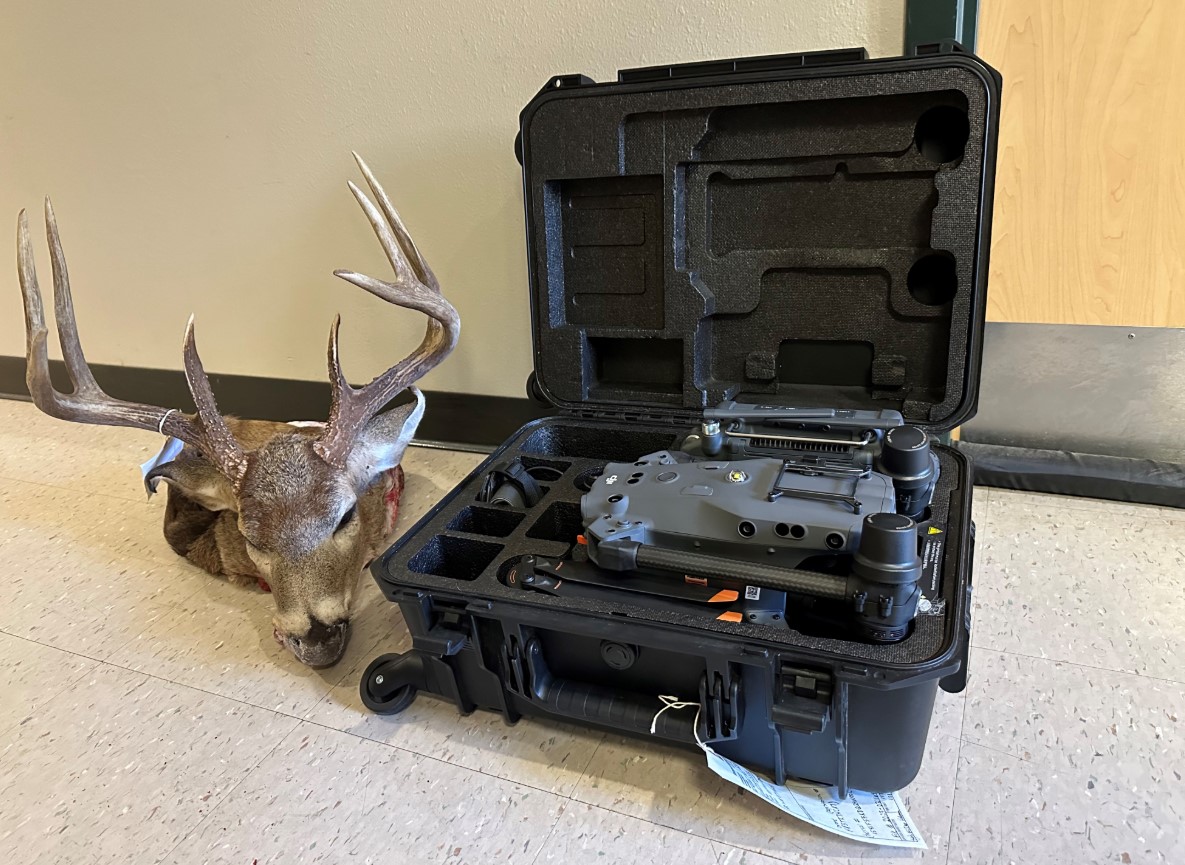
Legal Status of Drone Deer Recovery in Pennsylvania
The legal landscape surrounding drone use in Pennsylvania is shaped by federal regulations, state wildlife laws, and hunting ethics. While drones are generally permitted for recreational and commercial purposes under the Federal Aviation Administration (FAA) guidelines, their use for wildlife recovery in Pennsylvania is subject to specific restrictions.
- Hunting Laws in Pennsylvania
The Pennsylvania Game Commission (PGC) enforces the state’s hunting laws, which are designed to maintain fair chase principles and protect wildlife populations. According to the Pennsylvania Game Code, it is illegal to use drones or any other electronic devices to locate or track game animals for hunting purposes. This includes using drones to aid in the recovery of deer.
- Fair Chase Principle
The “fair chase” principle is a cornerstone of ethical hunting and is strictly upheld in Pennsylvania. This principle emphasizes that hunting should be conducted in a manner that does not give the hunter an unfair advantage over the animal. Using drones to locate or recover a deer may be viewed as a violation of this principle, as it involves technology that could undermine the traditional skills of tracking and recovery.
- FAA Regulations and State Permissions
While the FAA regulates the operation of drones in U.S. airspace, it does not govern their use for hunting or wildlife recovery. However, the FAA does require drone operators to comply with state laws. In Pennsylvania, even if a drone operator meets FAA requirements, the use of drones for deer recovery remains prohibited under state wildlife laws.
- Conservation Concerns
Another legal consideration is the potential disturbance drones can cause to wildlife and their habitats. Drones may disrupt the natural behavior of animals, including non-target species, which could lead to broader ecological consequences. This concern further solidifies Pennsylvania’s stance against drone-assisted deer recovery.
>>> Read More: Is Drone Deer Recovery Legal in Minnesota?
Ethical Considerations in Drone Deer Recovery
While legal restrictions in Pennsylvania are clear, the ethical debate around drone deer recovery continues. Proponents argue that drones provide a humane and efficient way to locate injured deer, minimizing suffering and waste. Critics, however, raise concerns about fairness, privacy, and environmental impact.
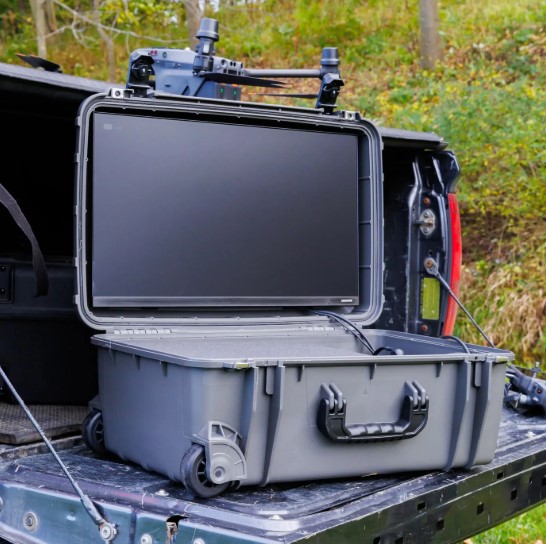
- Humane Recovery
One of the strongest arguments in favor of drone deer recovery is its potential to reduce the suffering of injured animals. A deer that is wounded but not immediately recovered may endure prolonged pain or succumb to predation. Drones can quickly locate such animals, allowing hunters or wildlife officials to intervene and ensure a humane outcome.
- Privacy Concerns
The use of drones near private property raises privacy concerns, especially in rural areas where hunting often occurs. Landowners may view drone flights as an invasion of their privacy, leading to potential conflicts between drone operators and property owners.
- Impact on Traditional Hunting
Traditional hunting methods rely on skills such as tracking, observation, and knowledge of animal behavior. Critics argue that drones erode these skills, making hunting less challenging and diminishing the cultural heritage associated with the sport.
- Wildlife Disturbance
Drones can inadvertently disturb wildlife, causing stress or altering their natural behavior. For example, the sound and presence of a drone may scatter a herd of deer, complicating population management efforts or leading to unintended ecological consequences.
Alternatives to Drone-Assisted Recovery
Given the legal and ethical concerns surrounding drone deer recovery in Pennsylvania, hunters and wildlife enthusiasts must consider alternative methods. These include:
- Tracking Dogs: Trained dogs have long been used to locate injured or downed deer. This method is both effective and aligned with fair chase principles.
- Improved Tracking Skills: Hunters can invest in learning advanced tracking techniques to improve their ability to locate game without relying on technology.
- Collaboration with Conservation Groups: Partnering with local conservation groups or the Pennsylvania Game Commission can provide hunters with resources and support for ethical wildlife recovery.
>>> Read More: Is Drone Deer Recovery Legal in Michigan?
Broader Implications of Drone Use in Wildlife Management
While Pennsylvania restricts the use of drones for deer recovery, the technology holds promise for other wildlife management applications. For instance:
- Population Surveys: Drones equipped with thermal imaging can accurately count deer populations, aiding in conservation and management efforts.
- Habitat Monitoring: UAVs can be used to monitor habitat conditions, identify areas of deforestation, or track changes in vegetation.
- Anti-Poaching Efforts: In regions where poaching is a concern, drones can help monitor protected areas and deter illegal activities.
Conclusion
The question, “Is drone deer recovery legal in PA?” has a clear answer: no, it is not legal under Pennsylvania’s current wildlife laws. The state’s commitment to fair chase principles, wildlife conservation, and ethical hunting practices prohibits the use of drones for this purpose. While the technology offers undeniable benefits in terms of efficiency and humane recovery, its use raises significant legal and ethical concerns.
Hunters and wildlife enthusiasts in Pennsylvania must adhere to traditional methods of deer recovery or explore alternatives that align with state laws. As drone technology continues to evolve, it is possible that regulations will adapt to accommodate new applications. Until then, the debate over drone deer recovery highlights the complex interplay between technology, ethics, and conservation in modern wildlife management.
